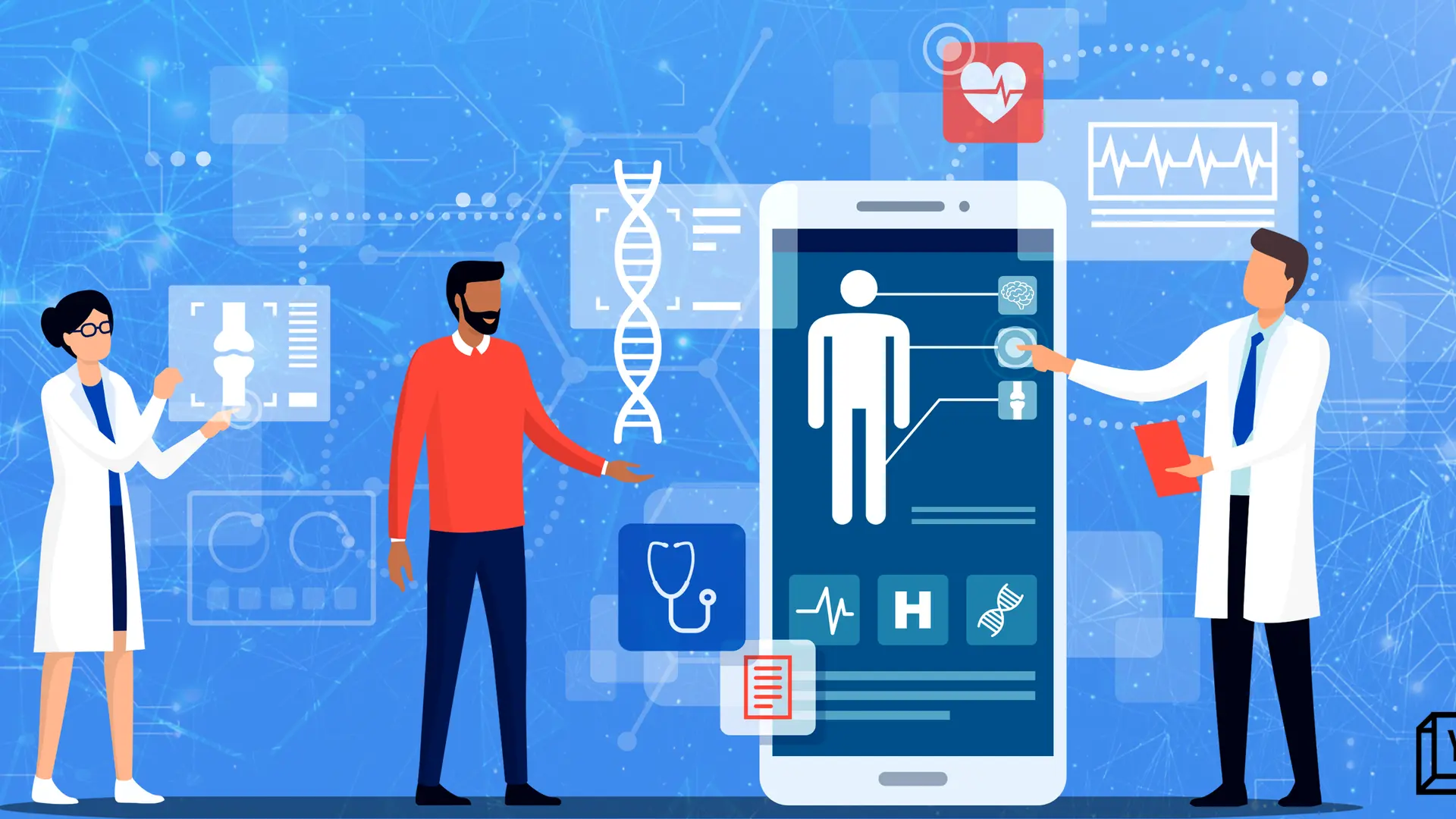Diagnostic innovations in reproductive health
Factors such as urbanisation, delayed marriages, and lifestyle changes have led to an increase in infertility rates, with 15% of couples now affected. Diagnostic innovations, such as preconception genetic screening and AI-powered fertility tools, are enabling earlier and more accurate assessments.
India's reproductive health sector has undergone significant advancements in diagnostic technologies over the past decade. These innovations, particularly in the areas of infertility diagnostics, pregnancy care, and sexual wellness, are shaping a future where healthcare is increasingly precise, accessible, and personalised.
With infertility rates rising, maternal health requires more attention, and evolving views on sexual health, diagnostic advancements are proving crucial in addressing these challenges.
Infertility diagnostics
An estimated 27.5 million couples in India are currently grappling with infertility, according to a recent study by the Indian Society of Assisted Reproduction. Factors such as urbanisation, delayed marriages, and lifestyle changes have led to an increase in infertility rates, with 15% of couples now affected. Diagnostic innovations, such as preconception genetic screening and AI-powered fertility tools, are enabling earlier and more accurate assessments.
AI is playing a transformative role, particularly in In Vitro Fertilisation (IVF). A recent McKinsey report on health-tech innovations in India highlights the increasing adoption of AI in reproductive healthcare, where it assists in selecting high-quality embryos, boosting IVF success rates by as much as 20-30%.
Startups and fertility clinics are also leveraging AI for sperm morphology analysis, identifying healthy sperm for improved fertilisation outcomes.
Non-invasive fertility tests are gaining popularity as well, with at-home fertility test kits seeing a steady rise. These kits provide easy access to tests for ovarian reserves, hormone levels, and sperm quality. With nearly 65% of India's population living in rural areas, these kits are especially crucial in bridging the healthcare access gap.
Pregnancy diagnostics
Despite improvements in healthcare, India's maternal mortality rate (MMR) stands at 97 per 100,000 live births as per the most recent Sample Registration System (SRS) report.
While this represents a significant improvement from previous years, maternal health remains a key area for innovation. Non-invasive prenatal testing (NIPT) is one such advancement, offering early detection of genetic disorders like trisomy 21 (Down syndrome), trisomy 18, and trisomy 13 without invasive procedures like amniocentesis.
NIPT is gaining popularity, especially in urban areas, and the market for this technology is projected to grow by 15% annually through 2025, according to the Indian Diagnostics Market Overview. This growth reflects a wider trend towards preventive care and early intervention, helping reduce pregnancy complications and lowering MMR.
Additionally, remote health monitoring solutions are becoming more integral in managing high-risk pregnancies. Mobile health apps that track blood pressure, glucose levels, and fetal movement are now available even in remote regions, enabling pregnant women to monitor key health metrics and consult with healthcare professionals through telemedicine.
These platforms, along with telemedicine, are expanding access to essential maternal diagnostics, especially in rural areas where 40% of India’s maternal deaths occur due to a lack of timely care.
Sexual wellness
India is witnessing a cultural shift when it comes to sexual wellness. The market for at-home testing for sexually transmitted infections (STIs) is projected to grow by 12-15% in the next five years, fueled by increasing awareness and more accessible testing solutions.
This is especially important as India reports nearly five million new STI cases annually, according to the National AIDS Control Organisation (NACO). Improved diagnostics for HIV, syphilis, and human papillomavirus (HPV) have led to earlier interventions, reducing the risk of long-term complications and transmission.
In addition to STI diagnostics, hormonal testing for conditions like polycystic ovary syndrome (PCOS) is gaining traction. PCOS affects approximately 1 in 10 women of reproductive age in India and is a leading cause of infertility.
Early detection and monitoring of hormonal imbalances are essential in managing PCOS, and diagnostic innovations like hormone-specific blood tests are helping women receive appropriate treatment sooner.
Men’s reproductive health is also receiving more attention. The demand for diagnostics related to sperm health and hormonal imbalances in men is growing, with clinics reporting a 15-20% increase in men seeking infertility-related diagnostics, driven by better awareness and less stigma around male infertility.
The future of reproductive health diagnostics in India
Looking ahead, India’s reproductive health diagnostics market is expected to see robust growth. A recent report by Frost & Sullivan estimates the Indian diagnostic market will grow at a 10% compound annual growth rate (CAGR) through 2027, with reproductive health playing a key role. Innovations in AI-driven diagnostics, big data analytics, and digital health platforms will continue to enhance the precision and accessibility of healthcare.
The integration of telemedicine, particularly in rural India, is set to improve access to diagnostics and medical consultations, while the government’s initiatives to improve healthcare infrastructure are also helping drive growth.
Ayushman Bharat, the government’s flagship healthcare scheme, has already made 500 million people eligible for basic health coverage, providing a platform for the expansion of diagnostic services.
As the government continues to invest in healthcare technologies, including in areas like maternal health and fertility, the future of reproductive health diagnostics in India is bright.
Increased focus on preventive care, early detection, and personalised medicine is expected to enhance the overall reproductive health outcomes across the country, contributing to better health and wellness for future generations.
-Dinesh Chauhan, CEO, CORE Diagnostics
(Disclaimer: The views and opinions expressed in this article are those of the author and do not necessarily reflect the views of YourStory.)







